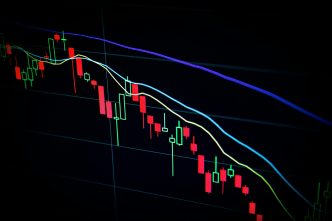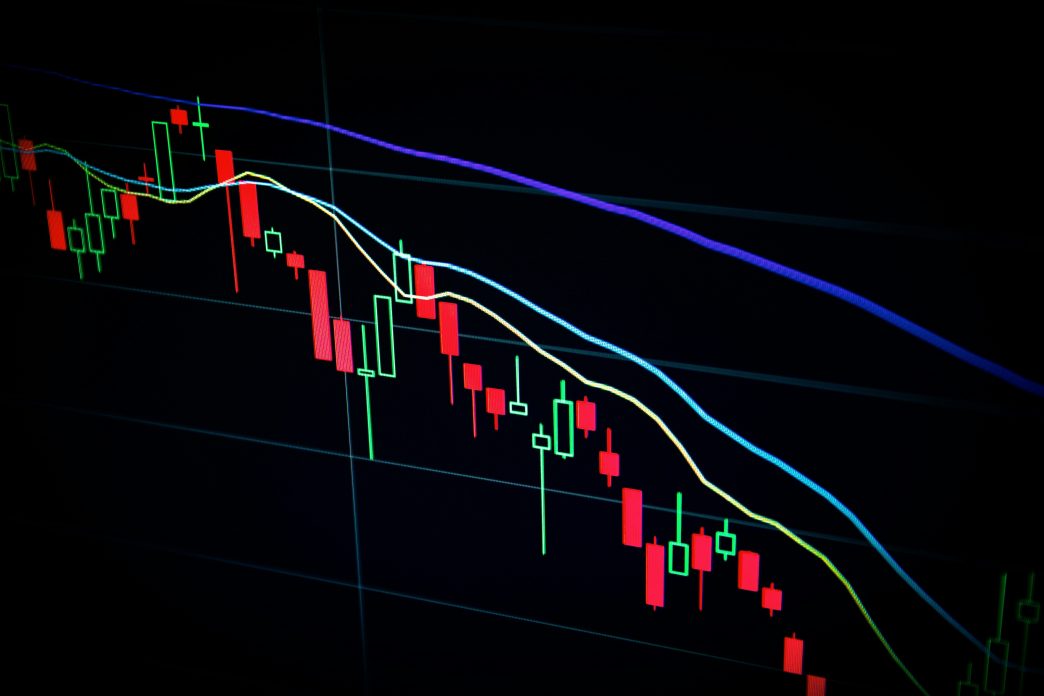Global financial markets could face a sharp, rapid selloff if the U.S. launches direct military action against Iran, warns Nigel Green, CEO of deVere Group. While markets have remained stable despite escalating tensions in the Middle East, Green cautions that full U.S. involvement could trigger a dramatic reversal.
“Investors are currently positioned for rate cuts, stable energy prices and an orderly global outlook. A sudden and serious expansion of this conflict would force a violent repricing of risk across all major asset classes.”
His warning comes as oil prices trade nearly 9% higher since Israel’s initial strikes on Iran, with energy markets increasingly pricing in the chance of deeper supply disruptions.
A direct US military intervention could push crude significantly higher, especially if key infrastructure or shipping lanes are affected.
“The world economy is not in a strong position to absorb another energy shock,” says Nigel Green.
“If oil spikes from here, inflation expectations will shift, interest rate cut expectations will fade, and that would create a double blow for equities already priced for perfection.”
The US dollar has gained against the yen and Swiss franc over the past week as investors cautiously seek protection, and Treasury yields have dipped, signalling a turn toward safer assets.
While these movements have been measured, deVere warns they may accelerate sharply if the U.S formally enters the conflict.
“The moment the US is involved, equity markets will react immediately. This isn’t about long-term fundamentals. It’s about a rapid shift in sentiment and positioning,” says Nigel Green.
“High-beta stocks, tech, emerging markets, and risk-sensitive currencies are likely to be the first casualties.”
He notes that market timing could amplify the shock. “If a U.S strike happens suddenly or outside of regular trading hours, investors will scramble to adjust. That’s when gaps widen, liquidity dries up, and losses deepen.”
According to deVere analysts, the broader concern is how unprepared markets currently seem to be. Despite increasing headlines and diplomatic tension, investor behaviour has continued to reflect optimism: allocations to risk assets remain high, positioning is geared toward lower rates, and volatility levels are subdued.
“This is a dangerous disconnect,” the deVere CEO warns.
“If a broader war breaks out, there’s no reason to believe markets will process that information gradually. The initial reaction will be fast and disorderly.”
He adds that the effects will not be limited to defence or energy sectors. “This kind of event drags on confidence and forces institutions to de-risk quickly. It pulls down assets indiscriminately in the early stages.”
Markets have already begun to show signs of early caution, but deVere expects the tone to shift dramatically in the event of U.S military action.
“We’re entering a zone where every headline matters. A change in posture from Washington could move global markets within minutes.”
The financial advisory group urges investors to review current portfolios and prepare for heightened volatility while maintaining long-term discipline.
“This is not a call to panic. But it is a call to prepare,” says Nigel Green.
“Geopolitical shocks can’t always be predicted, but their impact can be mitigated with the right risk management and forward-looking asset allocation.”
The firm also notes that central banks will be closely watching any developments.
“If oil pushes significantly higher, central banks could be forced to pause or reverse rate cuts that are currently expected. That would place additional pressure on equities and credit.”
As of now, Washington has not confirmed any change in its military posture, though recent reports suggest an increased U.S presence in the region. Markets remain on edge, and investors are carefully watching for signals.
“The first move will be sentiment-driven. The second will be repricing across sectors. And the third will be the hunt for safe assets,” concludes Nigel Green.
“If the U.S gets involved, we expect a sharp, global reaction. Investors need to be one step ahead, not caught off guard.”
deVere Group continues to monitor the situation closely and will provide ongoing insight and guidance to clients and partners worldwide.








